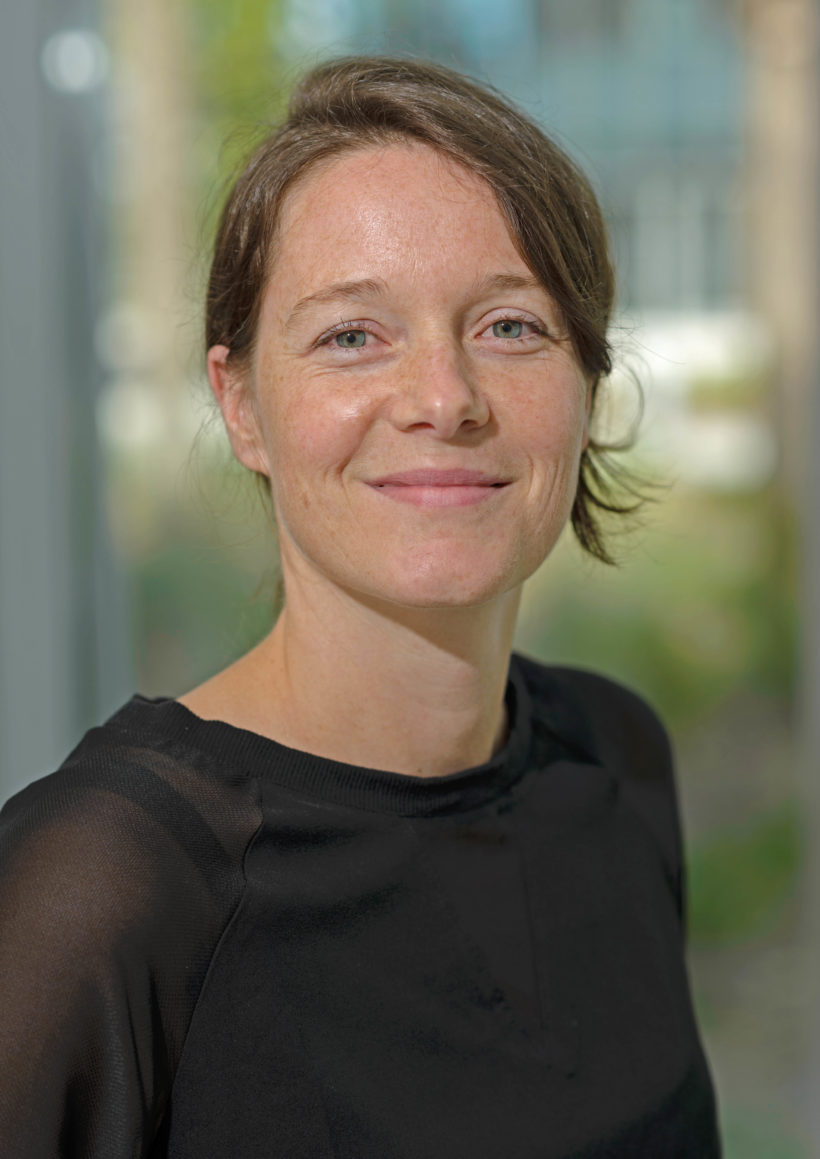The IHMC guest lecturer on November 17th is neuroscience researcher Natalie Ebner.
Born near Lake Constance in southern Germany, Natalie Ebner became fascinated with the human mind as a teenager while poring over the Sigmund Freud books in her uncle’s library during “boring” family visits.
Reading about psychoanalysis helped pass the time and fueled her curiosity about what makes us tick, she says.
On November 17th, Ebner, who has a Ph.D. in psychology, will give a talk on deception and aging at the Ocala branch of the Institute for Human and Machine Cognition (IHMC) and discuss findings from her current study, Aging Online: Determinants of Susceptibility to Deception in Later Life.

According to the study’s abstract, Ebner and her team are working to uncover age-related vulnerabilities in deception detection, using controlled in-lab experiments to determine mechanisms in the brain and in behavior that underlie deception detection deficits in aging.
Vulnerability to deception occurs primarily among the oldest old and is linked to socioemotional as well as neurocognitive changes with age, the study reported, and results from Ebner’s research have the potential to influence interventions to reduce victimization in older adults.
Ebner studied psychology as a pre- and postdoctoral fellow at the Free University of Berlin and the Max Planck Institute for Human Development. Landing a spot as an associate research scientist at Yale University brought her to the U.S. in 2007. She now teaches at the University of Florida and heads up the Social-Cognitive and Affective Development Lab.
“There is this idea that older adults, because of the cognitive changes and changes in decision making, and also changes in how we feel and how we interact with other people, that they might be at a particular risk for deception and exploitation,” Ebner explains. “They’re just not as good at figuring out whether something is a lie or it’s true. We have been trying to understand what is contributing to this potential susceptibility and vulnerability in aging … so there is a capacity to help them process, for example, fake news as fake news.”
In Ocala, Ebner will discuss how she and her team are attempting to differentiate between different moods and conditions associated with susceptibility to deception.
“We don’t necessarily find that older adults are worse at deception detection than the young,” she shares, “but what we do find is the oldest adults, those 80 and older, have lower cognition and tend to display negative emotions. They are the ones where deception susceptibility increases.”
Ebner’s body of work is documented in more than 60 peer-reviewed publications and her research has been continually funded through national and international agencies. OS
The lecture, which will take place at 15 SE Osceola Ave., will begin with a reception at 5:30pm. To register to attend, go to ihmc.us/lectures.






